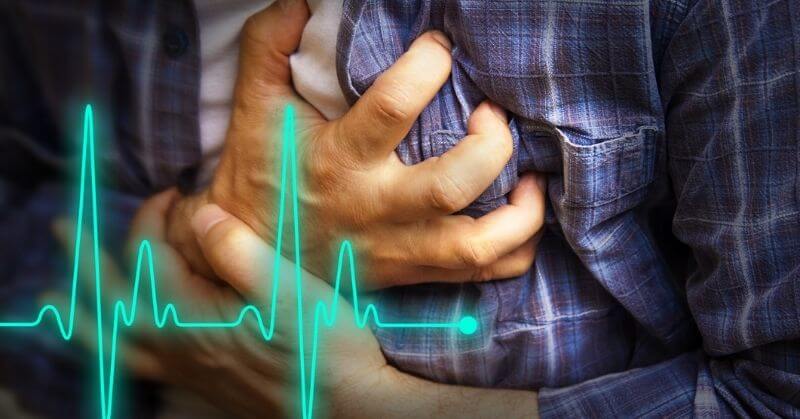Everyone is worried about the increasing cases of COVID-19 in the world. There is a shocking finding in the study which is published in JAMA Cardiology that suggested that after been screened via cardiac magnetic resonance imaging, 60% of COVID-19 survivors (independent of the severity of the illness) had developed myocarditis. Also, a new study makes it clear that there is a lot we don’t know about coronavirus and long-term heart health.
A New Post COVID Symptom
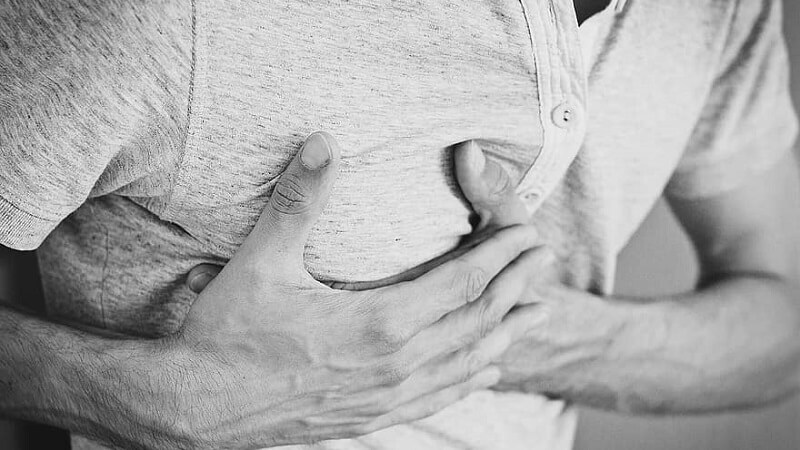
In the study, it is found that patients who recovered from coronavirus, even those with mild cases have more inflammation of the heart muscle than those who have never had the disease. This is certainly not good news for anyone who has recovered from the coronavirus, it’s also not something to be panic about. Post-COVID symptoms are seen even after 3 months. A mild case of coronavirus set you up for a heart problem is scary. But this is not what the study shows, says Paul Cremer, MD, a cardiologist at the Cleveland Clinic.
Cardiac Disease Among Covid Patients

This study looked at 100 patients that recovered from COVID-19 and had cardiac MRI testing done. 57 people show risk factors for cardiac disease, other patients are healthy. Their MRI is compared. What they found was that COVID patients had, on average, lower left ventricular ejection fraction and more overall inflammation of the heart muscle, known as myocarditis.
It Possesses A Threat
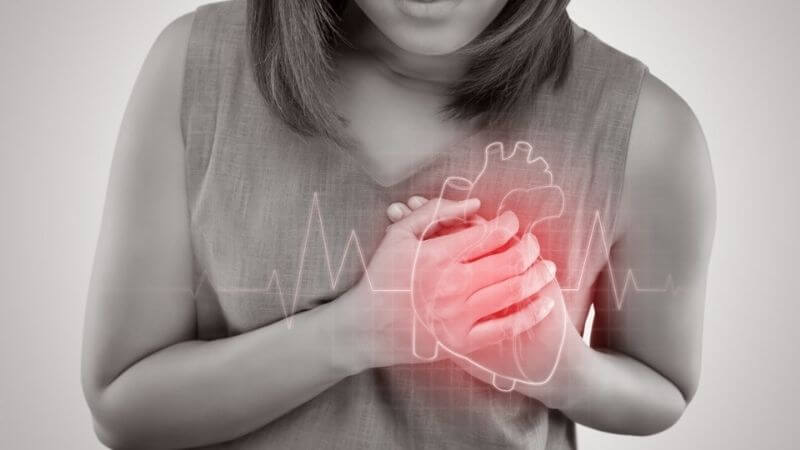
Chairman and cardiologist Dr. Trehan told in an interview the patients with heart stent or bypass surgery, who recovered from coronavirus are at risk. A large number of young people with no pre-existing heart ailments reportedly got a heart attack. Dr. Trehan added that in most cases, patients complained of chest pain, heaviness, breathlessness, and restlessness. The attacks are so quick and acute that they could not be revived. Their heart function goes to 10-15%, exposing them to the severe risk of fatality. He cited alarming instances where young patients suddenly develop pulmonary edema- fluid accumulation in the tissue and air spaces of the lungs, leading to impaired breathing and eventually respiratory failure. Almost 70% of them get acute myocarditis (inflammation of the heart muscles), reducing their chances of revival.
Anxiety Plays An Important Role
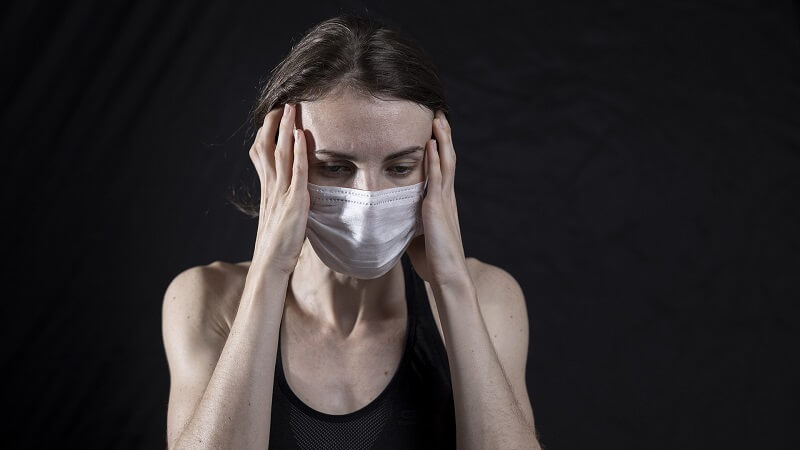
Dr. Trehan further said anxiety plays an important role in patients infected by a coronavirus. Anxiety makes the body’s adrenaline go up, thus spiking the blood pressure and increasing heart rate.
Recognize Possible Symptoms Of Myocarditis
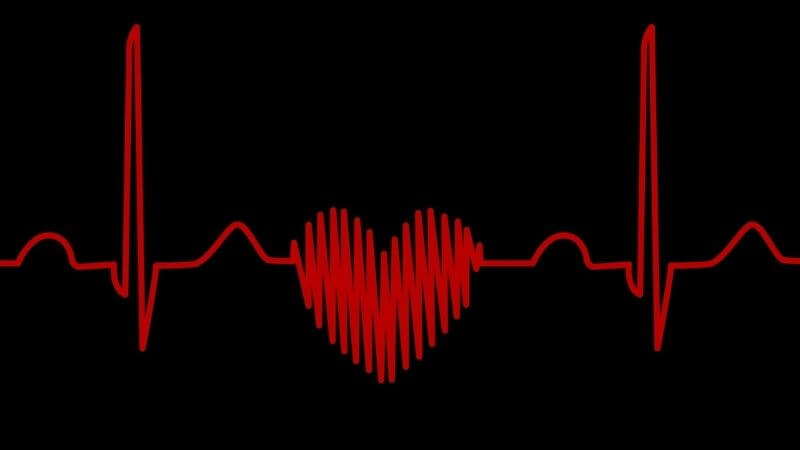
Mild symptoms can be seen such as fatigue and dyspnea, fatigue, palpitation, chest pain, or chest tightness on exertion. Moreover, severe symptoms such as peripheral edema, tachycardia, excessive sweating, febrile with low pulse pressure, and sinus tachycardia are also witnessed among the patients.
Things To Do To Protect Your Heart After Recovering From Coronavirus

- If you are addicted to smoking and drinking, then immediately quit it.
- Take your blood pressure medications and other medications on time, as prescribed by the doctor.
- Have a regular check on your blood pressure and blood sugar.
- Improve your eating habits, try to eat healthily.
- Include green leafy vegetables and fruits in your diet.
- Eat homemade food only. Hydrate yourself.
- Drink water, dehydration leads to an increase in blood pressure.
- Follow up with your doctor as advised.
- Contact doctor in case of need.
- Start moderate exercises slowly after returning home from the hospital.
- It is not a healthy practice to lie in bed all day long.
- Take a brisk walk at your home when you feel alright.
- Take the help of your family members in walking.
- Start doing yoga as advised.
- Continue doing deep breathing exercises at home.
It is essential to take care of ourselves, considering the surge in the cases. Always wear a mask while going out, take all the necessary precautions, and maintain social distancing. Be vigilant of all the essential things!
Follow Us: Facebook | Instagram | Twitter |
Entertales is on YouTube; click here to subscribe for the latest videos and updates.


